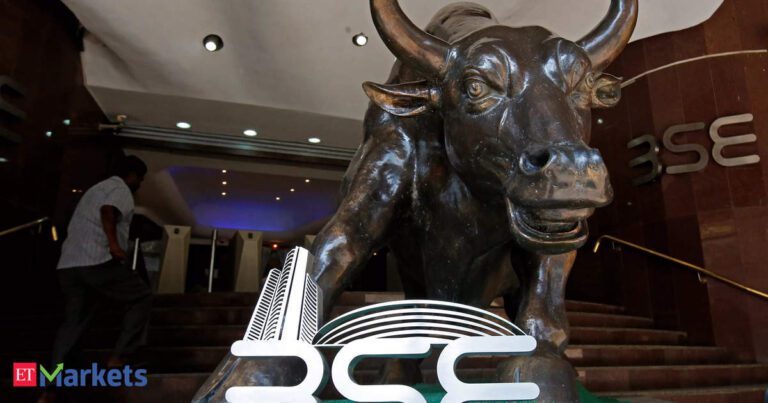On Monday, shares of India’s oldest stock exchange, BSE, rose by up to 14%, reaching a new 52-week high of ₹3,794, as investors speculated that the NSE’s upcoming IPO could lead to a reassessment of stock values. Over the past year, BSE’s shares have increased nearly 200%, benefiting from a bull market fueled by rising retail investor participation.
In addition, the NSE has scheduled its 4:1 bonus shares issuance for November 2, which was initially announced in May. Optimism about the NSE’s IPO has grown in recent days, particularly after SEBI dismissed a case against NSE officials, including Ravi Narain and Chitra Ramakrishna, related to the co-location scandal, citing insufficient evidence.
This removal of concerns over the co-location scandal, in which some brokers gained advantages through privileged access to NSE’s systems, has helped facilitate the NSE’s market entry. Recently, NSE CEO Ashishkumar Chauhan informed shareholders that the board has decided to reapply for a No Objection Certificate from SEBI to submit their Draft Red Herring Prospectus (DRHP) for the IPO. The NSE had submitted a DRHP in 2016, but it was withdrawn following various allegations against then-CEO Chitra Ramakrishna, who was arrested by the CBI in September 2022.
The IPO is perceived as a potential competitive advantage for the BSE, especially as it has made significant gains in the derivatives segment. It’s important to note that NSE shares must be listed on the BSE, as exchanges cannot trade on their own platforms.
In the recent June quarter, BSE reported a 40% decline in net profits, down to ₹265 crore from ₹443 crore the previous year, although revenues jumped by 181% to ₹608 crore. Conversely, NSE’s consolidated profit for the same quarter increased by 39% year-on-year to ₹2,567 crore, with revenues rising 51% to ₹4,510 crore.
NSE shares are highly sought after in the unlisted market due to their strong presence in the capital derivatives segment, while BSE’s shares have surged by 170% over the past year.
(Disclaimer: The views expressed are those of the experts and do not necessarily reflect the opinions of The Economic Times.)

